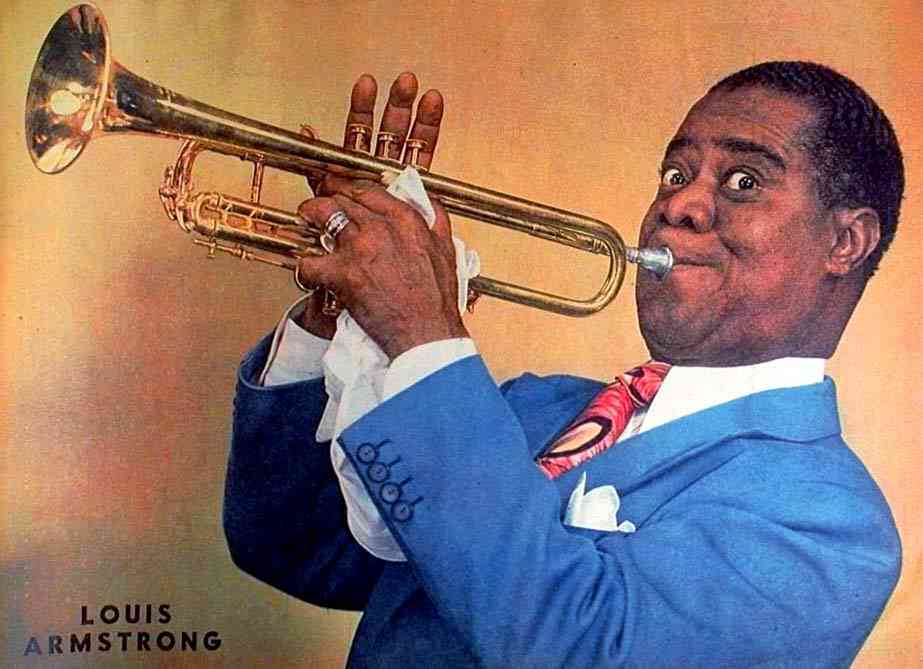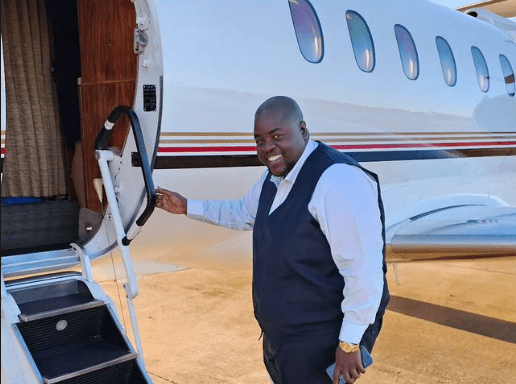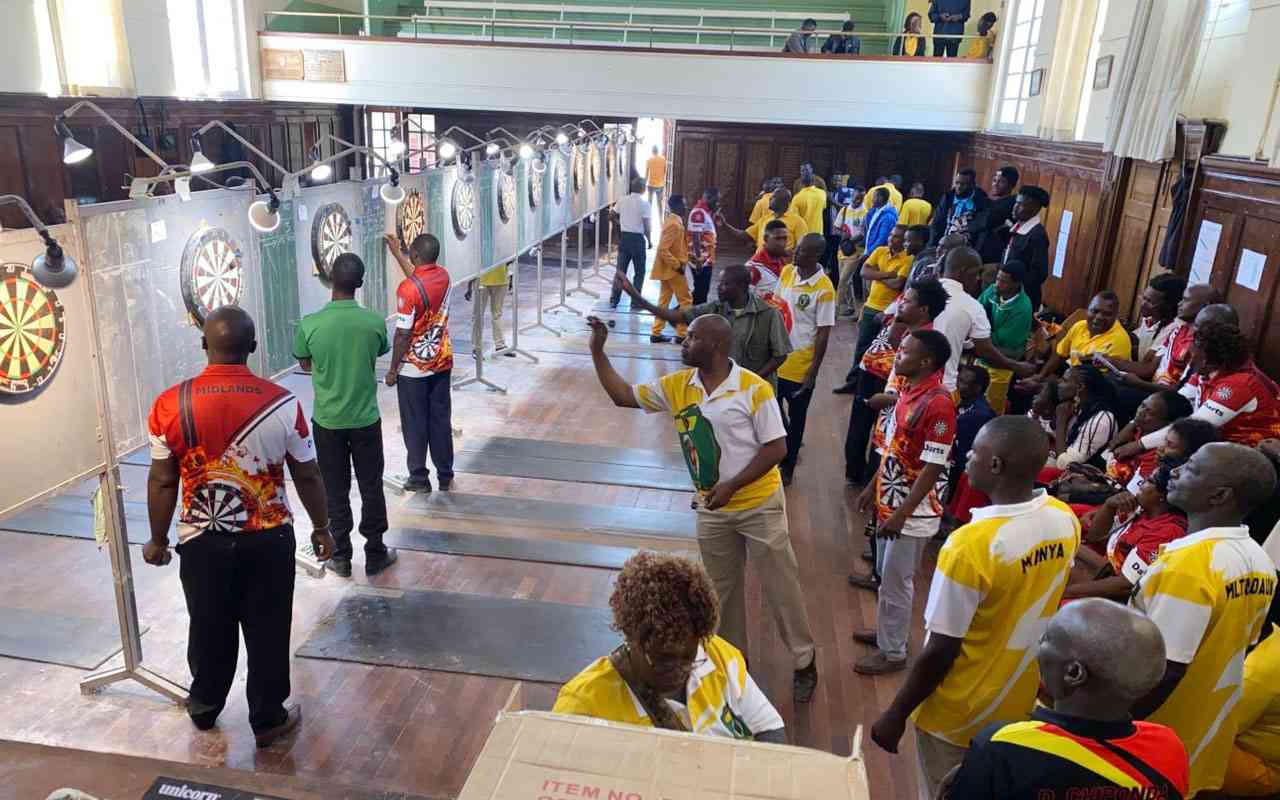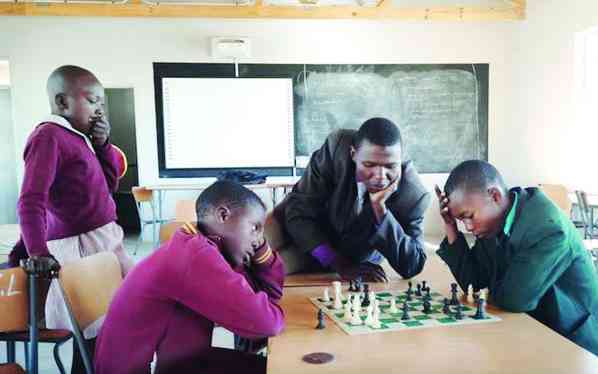
LOUIS Armstrong is known to many generations as one of the greatest jazz singers and trumpet players. His hits included ‘What a Wonderful World’ and ‘When the Saints Go Marching in’ but he worked hard for it; he is quoted as saying (along with many others) "If I don't practice for a day, I know it.
"If I don't practice for two days, the critics know it. And if I don't practice for three days, the public knows it." He also poignantly declared that "Musicians don't retire; they stop when there's no more music in them." No wonder therefore that a reviewer, Wynton Marsalis, wrote that Louis Armstrong "left an undying testimony to the human condition in the America of his time."
Neil Armstrong is another man known by many generations, one who would have agreed with his namesake “what a wonderful world” when he became the first man to stand on the moon and looked around at the moon and the earth far away in the distance. The words he uttered then have remained with us for decades: “One small step for man, one giant leap for mankind.”
Then there is Lance Armstrong, again known by millions, though for different reasons — to some unquestionably the winner of an unprecedented and unmatched seven Tour De France yellow jerseys after astonishingly overcoming cancer, to others the biggest cheat, liar and bully in sport. It could be argued that he also, like his namesake Louis, left an undying testimony to the human condition.
Well might folk say, in echoing the description given by Louis Armstrong, that sportsmen do not retire; they stop when there are no more victories in them. It was not a small step he took when he took performance-enhancing drugs; it was a massive leap into the sporting abyss.
Christophe Bassons, a former rider in Tour de France who refused to take drugs, described Armstrong in the following manner, despite his condemnation of his taking of drugs, as quoted in David Walsh’s book ‘Seven Deadly Sins’: “Armstrong is still a human being with an individual personality that was built during his childhood. I know he had a difficult childhood which might explain his need to win at all costs even if that mean not respecting other people. I do not consider Lance Armstrong to be a great champion. He was just someone who was prepared to abandon his morals to win at all costs. His is a story of failure, nothing else.”
There are a number of relevant points there for us when we consider coaching our youngsters in sport. We can note firstly that their childhood (including what happens at school) is deeply influential in the development of their character and will consequently determine how they approach their sport. Be their childhood tough or easy, it will affect how they approach sport.
Secondly, respect for others is fundamental in sport — be that respect for team-mates, officials, coaches, opponents. Such respect will be seen by the attitude of not having to win at all costs.
Thirdly, the strong lesson is that not only must we not abandon our morals when it comes to sport but we must ensure we have morals in the first place — and coaches must ensure that the youngsters play and live and win by morals, values, principles. It is not a matter of winning at all costs.
Fourthly, we must note Armstrong was not a failure; his story is one of failure. Children must understand the difference in those statements.
Lastly, we might note from the description of Armstrong, that it is not a matter of being a winner that counts; it is the importance of being a champion. Our children will not be that if we do not assist them by following the points above.
Louis Armstrong has also been quoted as saying, with reference to his music (but with equal application to sport), "What we play is life." On another occasion he stated that, "You blows who you is," and we can say in a similar manner of sport, “we plays who we is”. Who we really are will be seen in how we approach and play sport.
How we coach youngsters to play sport in their youth is preparing them to live their life in a similar manner.
They need to be strong not in their arms but in their heart; it is the saints that will go marching in, not the cheating cyclists. What sort of sporting world are we seeing? What sort of sporting world are we producing? One small step for man...
- Tim Middleton is a former international hockey player and headmaster, currently serving as the Executive Director of the Association of Trust Schools Email: ceo@atschisz.co.zw










